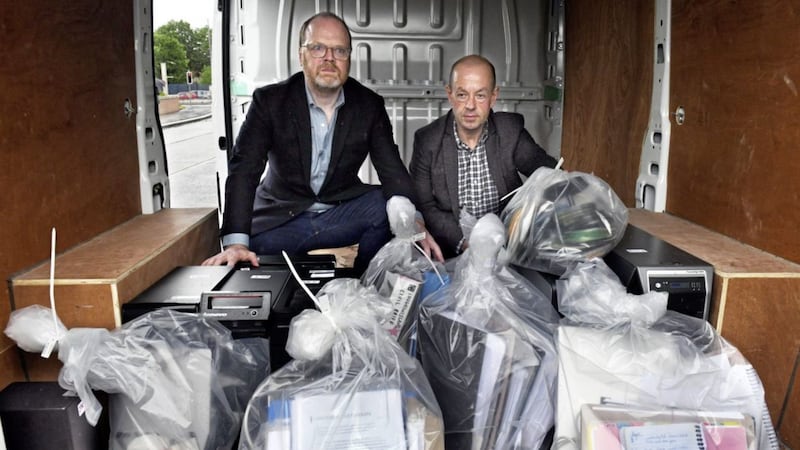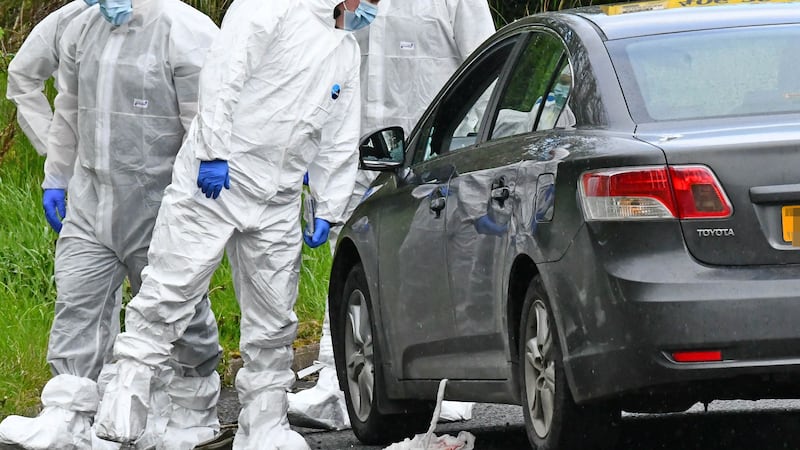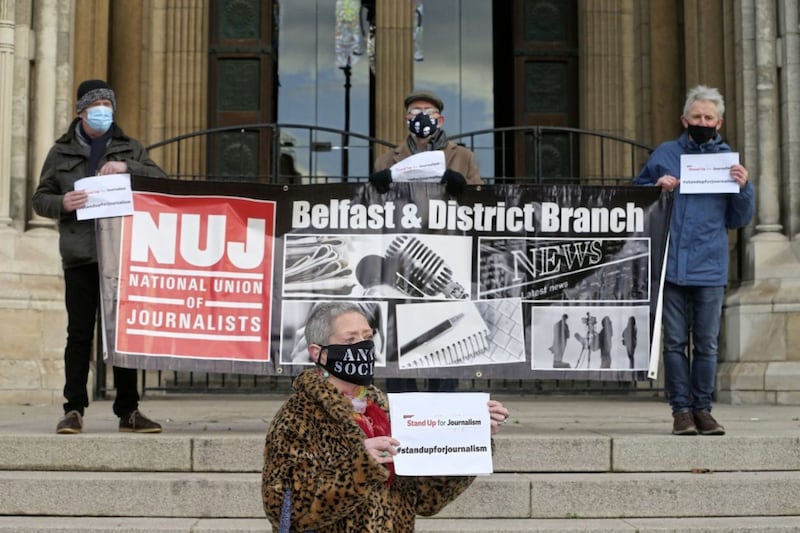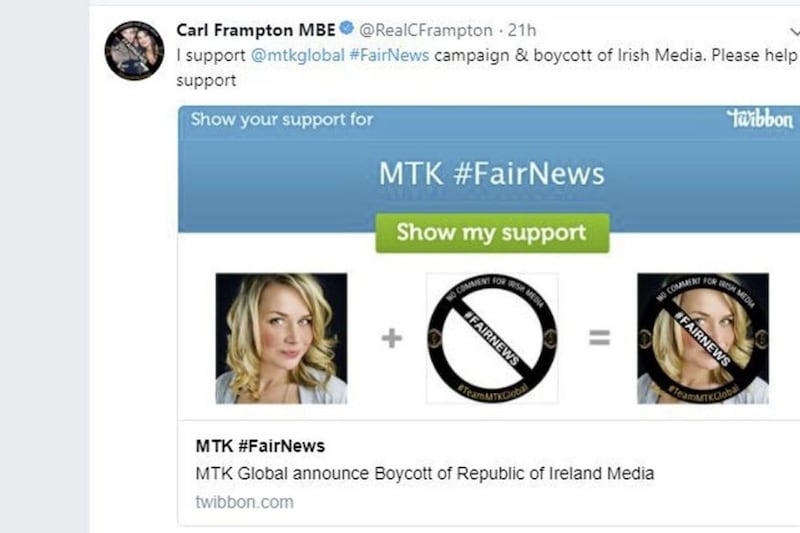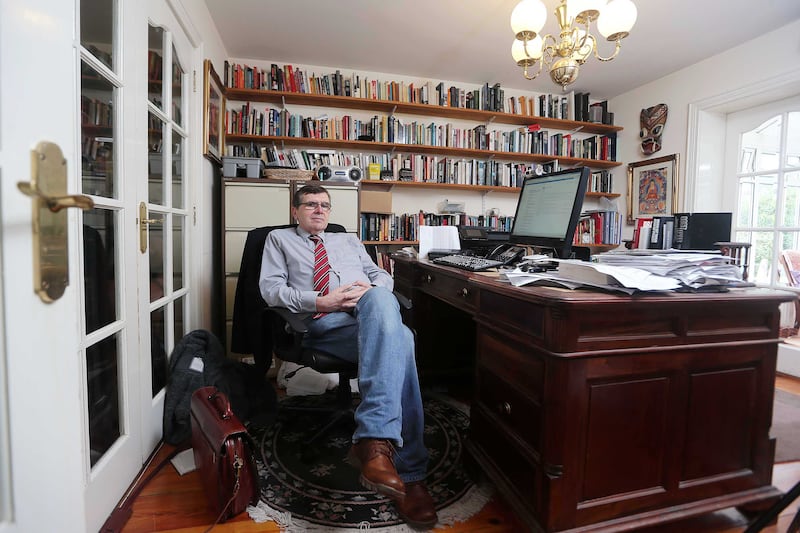IT has been a dark time for journalism in Northern Ireland.
The murder of Lyra McKee has cast a shadow over our profession.
Over the past 12 months northern journalists have received threats from extremists on both sides of the political divide.
The work of Belfast journalists Trevor Birney and Barry McCaffrey in their ground-breaking documentary No Stone Unturned helped focus attention on the police failures in investigating the 1994 massacre at Loughlinsland but it did more than that. It produced shocking evidence of police collusion and identified those allegedly responsible for the murders.
The official response was to go after the messengers.
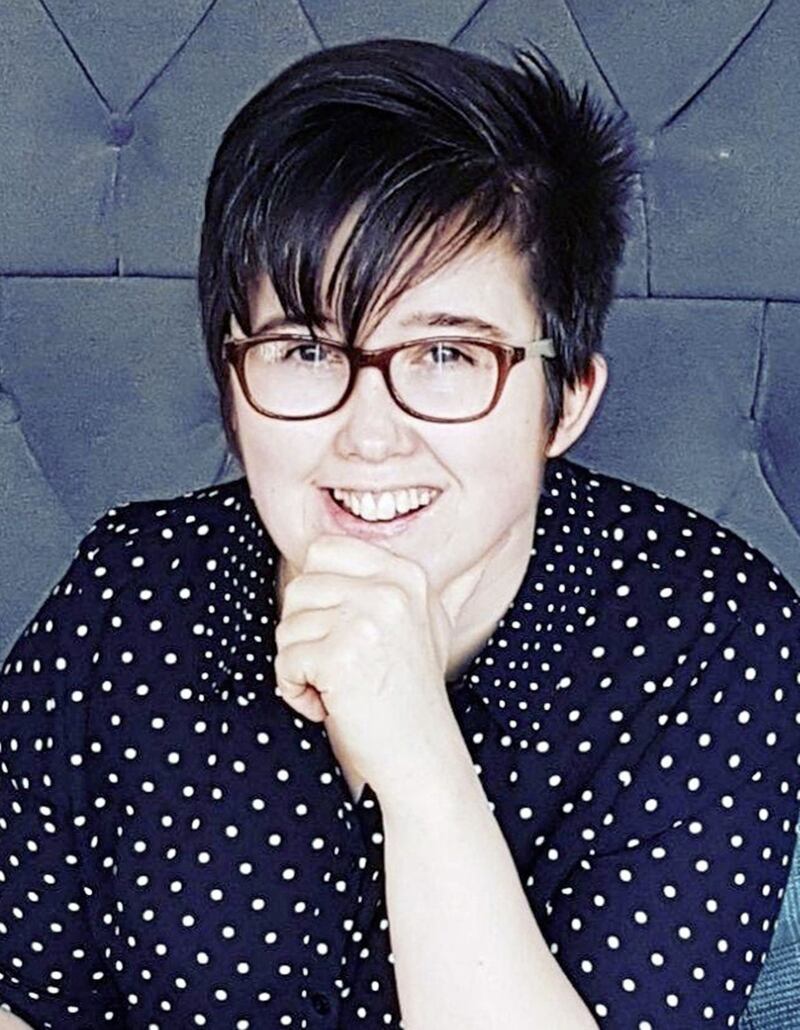
Read More
- David Davies: A truly free press must be able to expose uncomfortable truths
- Analysis: Public interest journalism deserves protection
Friday’s High Court recognition of the right of journalists to protect confidential sources of information and the direct, unambiguous vindication of that right by the Lord Chief Justice Sir Declan Morgan represents a welcome chink of light and will be welcomed by all who care about the right to freedom of expression.
On Monday evening Trevor Birney and Barry McCaffrey were advised by their legal teams that the PSNI and Durham Constabulary were dropping their investigation into allegations of criminal behaviour against them.
Yesterday morning they collected boxes of confidential records at Castlereagh Police Station, ending a nine-month ordeal brought about by police actions deemed by the High Court to be inappropriate and without legal justification.
This week’s meeting of the Northern Ireland Policing Board must put in place a review of the litany of ill-advised decisions made by the PSNI in this case.
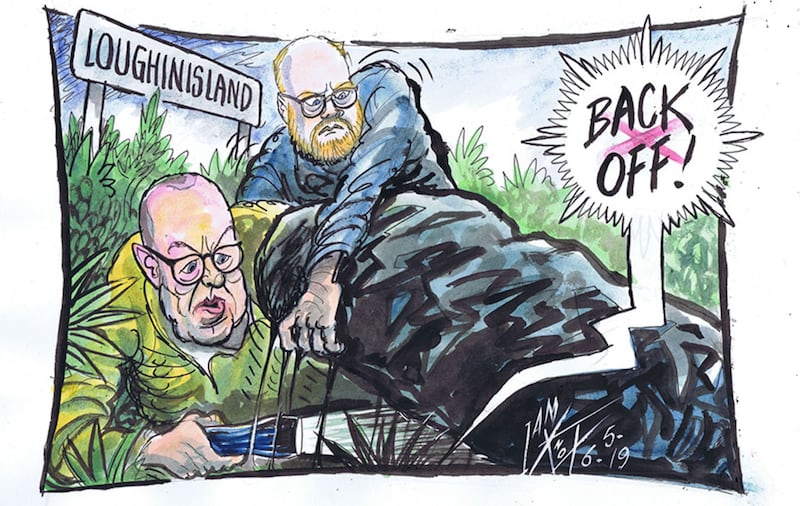
Given the remit of the board and the central role of the Durham Constabulary there is indeed a compelling case for an independent investigation into the handling of the entire affair by an external, international expert with no connections with the UK security forces.
Read More
- Loughinisland suspect Ronnie Hawthorn said he was 'stressed' after film claims
- PSNI and Durham chief constables 'must apologise' over documentary arrests
No evidence of criminality was ever produced yet two journalists of outstanding commitment and professional integrity have had their professional lives put on hold.
In confirming that they are to be released from police bail, the Chief Constable of Durham Constabulary Mike Barton declared: “At all times, my officers have acted in good faith, within the law and followed due process. We do, however, accept and respect the decision of the High Court last week.”
Really?
Sir Declan Morgan found that the arrests were “inappropriate”.
He vindicated the NUJ members and was very explicit in stating that in seeking warrants for their arrest there was an obligation on the police to present full information to the lower court.
That meant considering their legally recognised, professional obligations to protect confidential sources of information.
The Lord Chief Justice went one step further. The work of journalists, he declared, is essential in holding the state to account, “particularly in a society like ours where confidence in the institutions is so important”.
On several occasions he referenced the right of journalists to adhere to the NUJ Code of Conduct and to take all steps available to them to protect their confidential sources of information, as required by their union.
For investigative journalists in Northern Ireland there are sadly many untilled fields, many unsolved crimes, many rocks under which are hidden dark secrets of murder, criminality and collusion.
The outcome of this case will strengthen their determination to leave no stones unturned.
The High Court case has helped restore confidence in the judicial process.
The Policing Board must try to do the same for policing in Northern Ireland.
It will be no easy task.
The Lord Chief Justice has provided the signpost as far as journalists are concerned.
Séamus Dooley is Assistant General Secretary of the NUJ (UK and Ireland)
